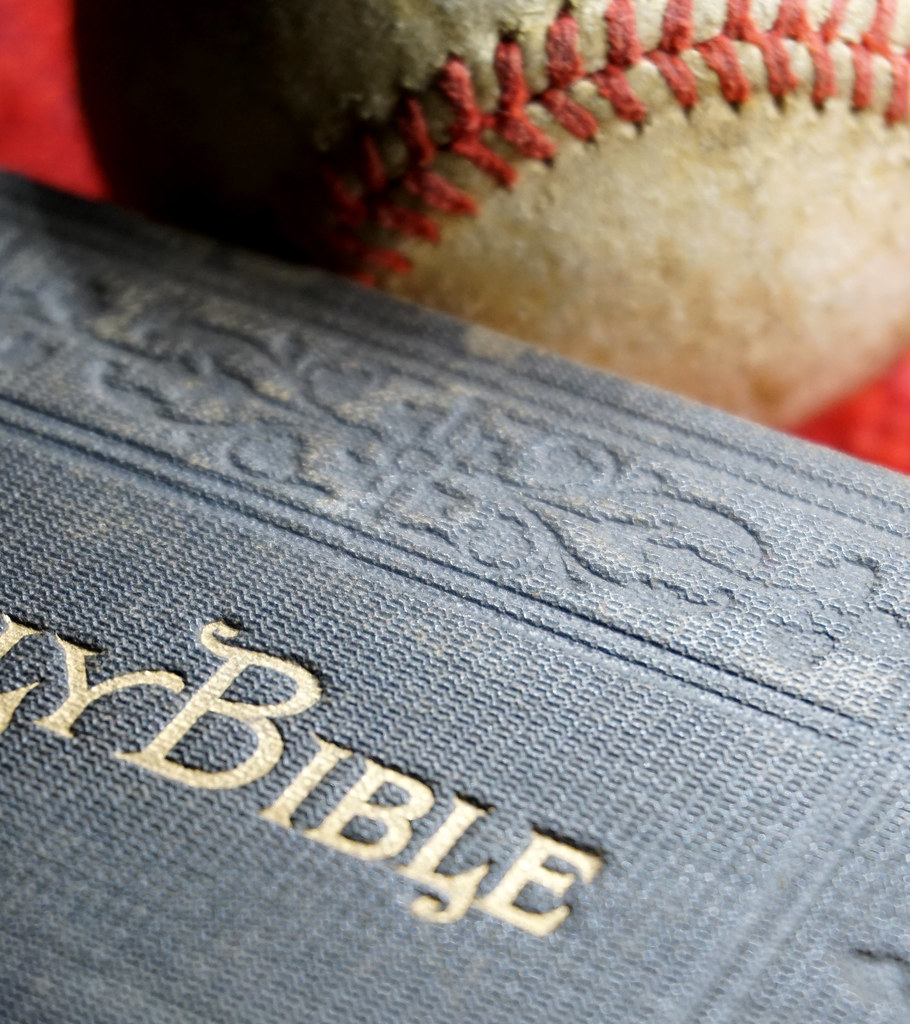‘A Prayer for Owen Meany’: a true masterpiece
December 8, 2020
“A Prayer for Owen Meany” by Academy Award-winning novelist John Irving is a modern take on timeless issues such as the paradox of war, religion and political corruption, and compels the reader to question the implications of modern American life.
Irving’s novel revolves around the life of John Wheelwright, a young boy growing up in the 1950s in Gravesend, New Hampshire. His best friend, Owen Meany, is unsettlingly tiny and has such an eccentric voice that the author uses CAPITAL LETTERS to distinguish it. In a strange turn of events, Owen Meany is responsible for John’s mother’s death after a foul ball he hits ends up killing her. While John dismisses this event as a “freak accident”, Owen believes it is divinely ordained and there is no such thing as accidents. The dichotomy between Owen’s fervent faith and John’s relentless doubt drives the plot of the novel.
Irving’s choice in employing Owen Meany to describe the various social and political occurrences of the 1960s, specifically the Vietnam War, is impeccable. Owen’s infallibility when it comes to interpreting the consequences of American foreign policy makes the reader feel uncomfortable – but in a good way. His prescient nature helps the reader see the otherworldly presence that Owen exudes. More importantly, it proves that he is never wrong.
If Owen embodies confidence, then John is the epitome of doubt. John does not truly believe or stand up for anything. While Owen plays the all-important role of Jesus in a nativity play, John’s role as Joseph further cements his position as simply two things: a witness and a believer. John Wheelwright’s story is not the compelling part of his character; rather it is the gripping story of Owen, which he narrates, that captures the reader’s attention. It is a risk for Irving to tell the story of the main character (Owen) through a side character (John) – but the risk pays off.
Irving’s most distinguishing feature is the sheer amount of details the book provides. Personally, I loved the details the author chooses to include because it gives the reader more insight into the various side characters who appear in the story. Most details are extremely pertinent to the story, and the build-up to the climax led to one of the most satisfying endings I’ve read in a long time.
The 600-page behemoth’s main drawback would undoubtedly be the length and unhurried nature. The beginning of the book is not very interesting, but as soon as Irving starts foreshadowing the events forthcoming in the book it is hard to put down.
The most masterful quality of the book is one particular detail. There is one loose end that is never addressed; I would argue this is deliberate. The interpretation of this particular revelation is akin to the final act of Inception. No matter how you choose to interpret the occurrence, it continues to puzzle you.
Apart from the place of faith in modern American life, Irving chooses to comment on American ideals. He juxtaposes the United States’ interventions in countries like Vietnam in order to “save” the oppressed and the nation’s own shortcomings to provide for its citizens. It touches on the true cost of war and the incredible burden that military families have to endure. The debate surrounding the idea of “American exceptionalism” is one that is touched on greatly. It compels the reader to question the role of America in the modern world.
It would be dishonest to not mention the references to sex, violence and occasional foul language the author engages in. Although there is nothing particularly vulgar, I would recommend this book to readers older than 16.
All in all, I would rank “A Prayer for Owen Meany” as one of the best books that contemporary literature has to offer. The book is unlike anything I’ve ever read before. The novel’s portrayal of Owen Meany is masterful and it is definitely worth reading – if you can get through it.
